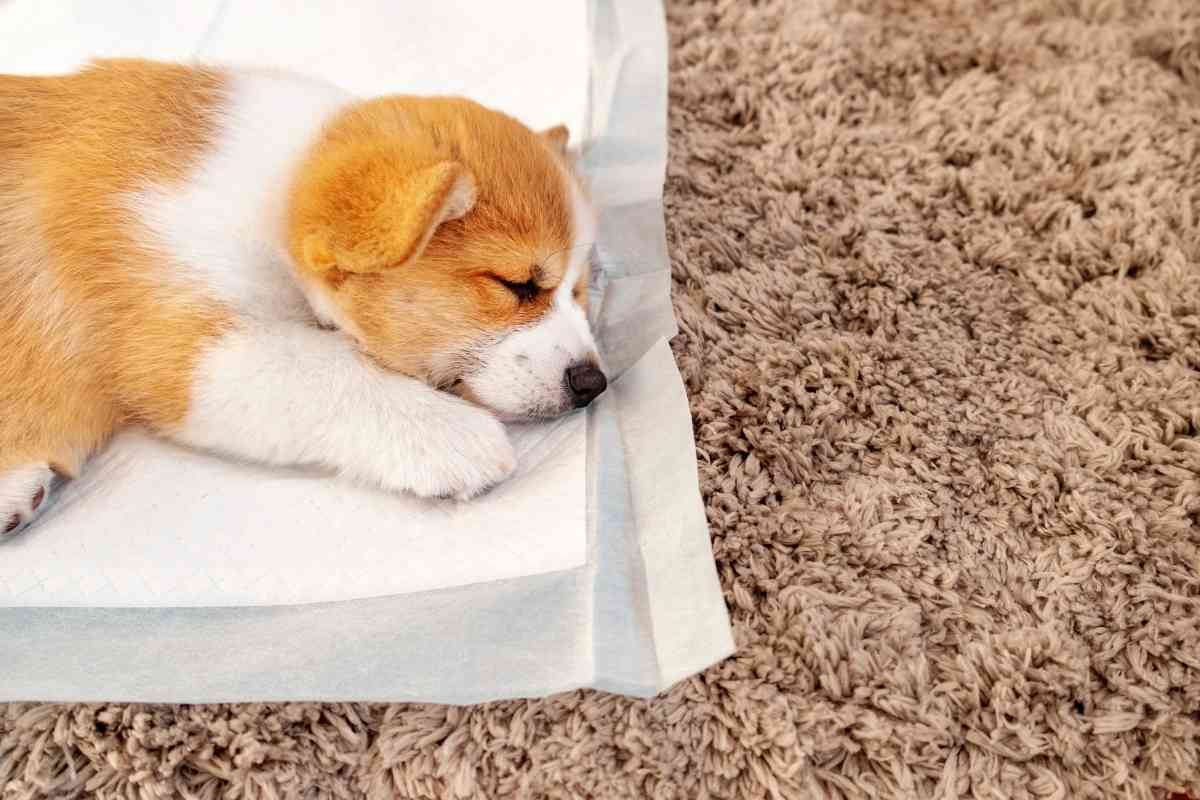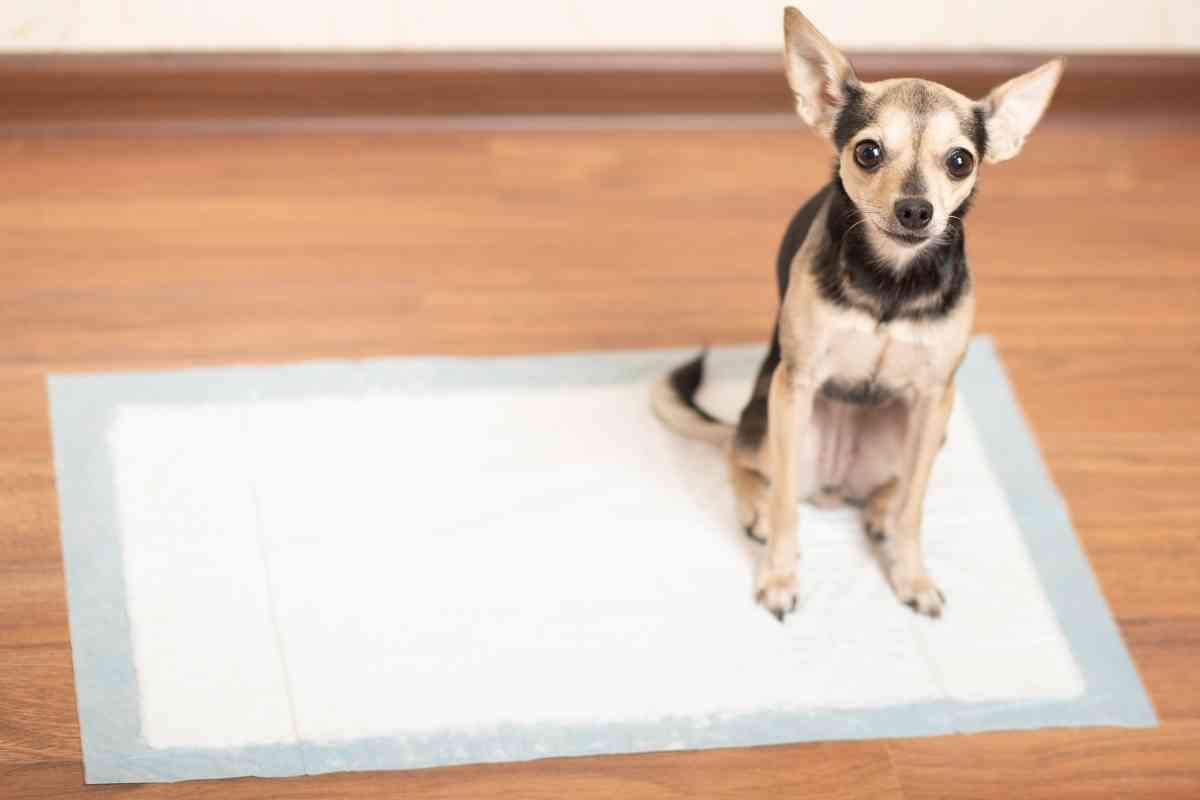5 Factors That Affect How Long A Puppy Can Hold Their Poop
Nothing can compare to going home to find that your dog has had an accident. So, how long can a puppy hold its poop? As a dog parent, you may be psychologically prepared to deal with a mass of poop from your best guy anytime, but it is still unpleasant. In your quest to minimize accidents, leaving your dog out on their own or leaving your door open is not an option.
Nothing can compare to going home to find that your dog has had an accident. So, how long can a puppy hold its poop? As a dog parent, you may be psychologically prepared to deal with a mass of poop from your best guy anytime, but it is still unpleasant. In your quest to minimize accidents, leaving your dog out on their own or leaving your door open is not an option.
How long can a puppy hold their poop?
Puppies can hold their poop for one hour every month of their age. However, after getting to eight months, this restriction seems to plateau. It is typical for dogs to hold their feces for eight hours, but most cannot wait that long and will release themselves as soon as they feel the need.
A dog who has to hold their stool for a long time may experience emotional discomfort. Avoid punishing or reprimanding your dog if there is an accident in the house; doing so simply adds to the dog’s worry.
This guide has been compiled with intensive consultation from our resident vet to ensure we compile a conclusive report.
How Long Can a Puppy Hold Their Poop?
While most healthy adult furry pets are eager to poop approximately an hour after a meal, puppies can hold their poop for an hour for their age. They can manage an extra hour each month as they grow older, but the rule levels out at eight months.
For example, a two-month-old pup can hold their poop for two hours, and when they turn three months, they can hold for three.
It is common for dogs to hold their poop for eight hours, but most dogs cannot wait this long and will relieve themselves as soon as they feel the need to avoid discomfort.
If you are training your dog to avoid accidents, ensure you adhere to your timeline for potty training. If you provide your dog with frequent opportunities to poop in a designated toilet place, they will be able to hold it until they can visit that area.
What Should You Do If Your Pup Cannot Hold Their Poop?
If you notice your dog having difficulty holding their poop, a few ways to offer some help include:
- Incorporating low-residue foods into their diet
- Eliminating stress in their surrounding
If any of these two ways seem fruitless, you should always err on the side of caution. Immediately consult your veterinarian for a thorough physical examination.
You must provide a complete medical history of your puppy and a record of any symptoms and incidents that may have contributed to the sickness. It is also essential to inform your veterinarian if you have any theories on the cause of your dog’s incontinence.
It can assist your veterinarian in finding the underlying problem causing your dog’s symptoms so that they can address the issue appropriately.
With the information at hand, the vet will be able to rule out gastrointestinal diseases and determine any possible factors. They may then suggest anti-diarrheal medicines or a surgical procedure.

Effects Of Your Pup Holding Their Poop For Long
Since you won’t have to worry about finding accidents when you return home, it may appear like a positive thing that your dog holds their poop for an extended period.
But on the flip side, it may be detrimental to your pup’s health. A few issues that may arise from this prowess are:
Expanding or stretching their intestines
Your dog’s body may reabsorb the poop and retain it in the colon, which is simply disturbing. The potential effect is lethal, ranging from spending long hours in the ER to dying.
Fecal Bacteria Overload
Retained poop reabsorbed into the colon can lead to severe abdominal pains and fecal bacteria overload.
Constipation
When a dog holds in their poop for long hours, the feces become dry and challenging for the canine to pass, which can also culminate in megacolon, a severe condition.
Signs Your Dog Wants To Poop
Unlike humans, dogs can’t communicate when they need to poop, which is the primary reason for accidents in the house. There are various common indications that a dog feels the need to poop, including:
- Circling
- Sniffing around
- Squatting
How To Make Your Puppy Poop
After holding it in for a long time, it’s normal for your dog to have difficulty pooping. Nothing spoils a canine’s mood more than having difficulty pooping.
Here are some approaches to regaining normalcy:
Walking
Bowel movement is greatly boosted by physical activity such as walking. Before you start, give your dog plenty of water to start the bowels moving to ensure that they are well hydrated.
While outside, provide them ample opportunity to relieve themselves. If the first time isn’t successful, bring them back inside and try again after a few minutes.
Feed Your Dog Plenty of High-Fiber Food
By absorbing water and providing bulk to poop, fiber regulates your dog’s bowel motions and makes their poop solid and firm. While the fiber helps the canine absorb moisture from outside the colon to soften the poop, it also promotes gut health by maintaining low levels of intestinal oxygen, inhibiting pathogenic bacteria growth.
If putting extra fiber into your dog’s diet is insufficient, consult your veterinarian about fiber supplements. Gels, pills, and powders are available forms of these dietary supplements.
Give Your Best Friend Plenty Of Water
Water binds to fiber, adds bulk to the stool, and is crucial for effortless bowel movements. When sufficient moisture is present, soluble fiber readily dissolves, resulting in quickly passed, well-formed, solid, moist stools.
If your puppy’s stool appears extremely dry and pebble-like, or they have constipation, dehydration may be the reason.
Tyr Natural Laxatives
You could try adding a natural laxative to your dog’s diet if they continue to find it difficult to poop. Consult your veterinarian to ensure the proposed action is appropriate for your pet. You can quickly train your dog to defecate with a bit of patience and determination.
Factors That Affect How Long A Pup Can Hold Their Poop
Like all humans, dogs are significantly different despite being the same breed and having plenty of similarities. Here are a few things that differentiate the length of time dogs can hold their poop:
Diet
Your canine’s diet has the primary determinant of how long your pup can hold their poop. If they eat food rich in fiber and proteins, your dog will hold their poop for shorter periods.
Lifestyle
If your pup is accustomed to pooping at a specific time, their body will adjust to this routine. When the clock strikes that time and the canine is not outside, they will most likely have an accident.
Age
Since an adult dog’s intestine is substantially larger than a puppy’s, they will hold their poop longer. Due to puppies’ significantly smaller bladders than adult dogs, puppies lack the patience to hold their feces.
Illness
A senior dog with canine Alzheimer’s disease may poop throughout the night. This cognitive dysfunction may cause your dog to forget their previous housetraining, causing them to defecate in odd places and at odd times.
Metabolism
The length of time a dog may retain their feces is also greatly influenced by their metabolism. A dog with a fast metabolism will defecate more regularly, although this is not always the case.